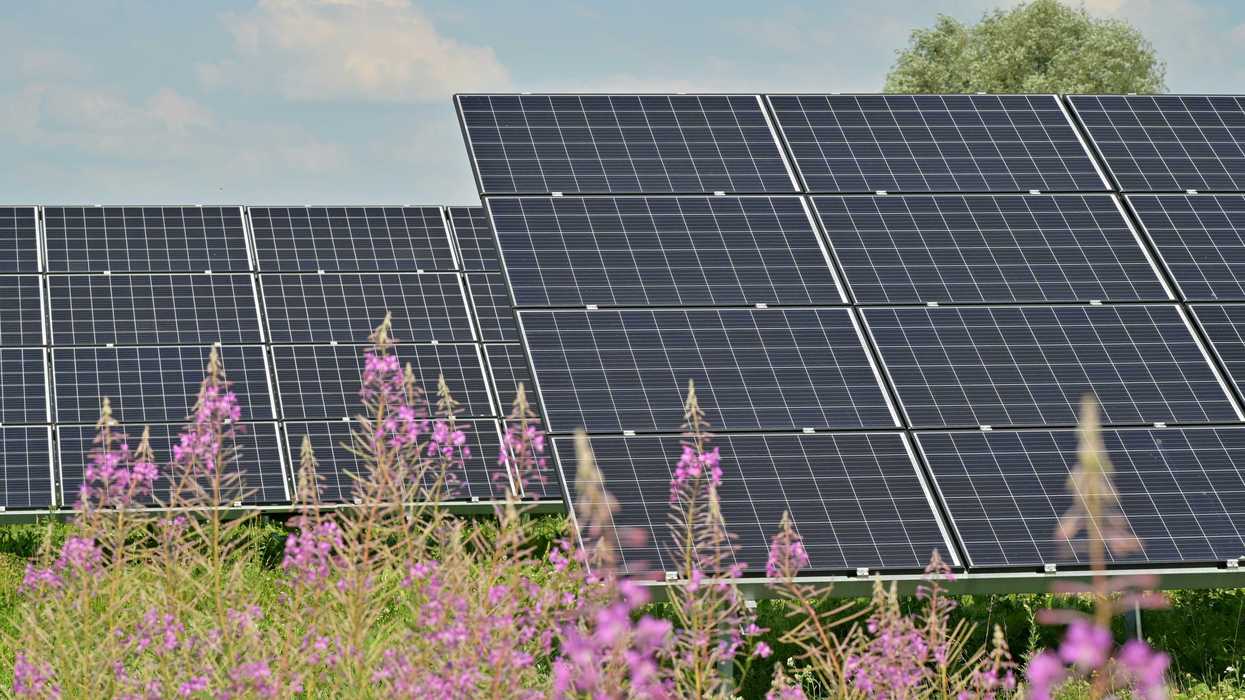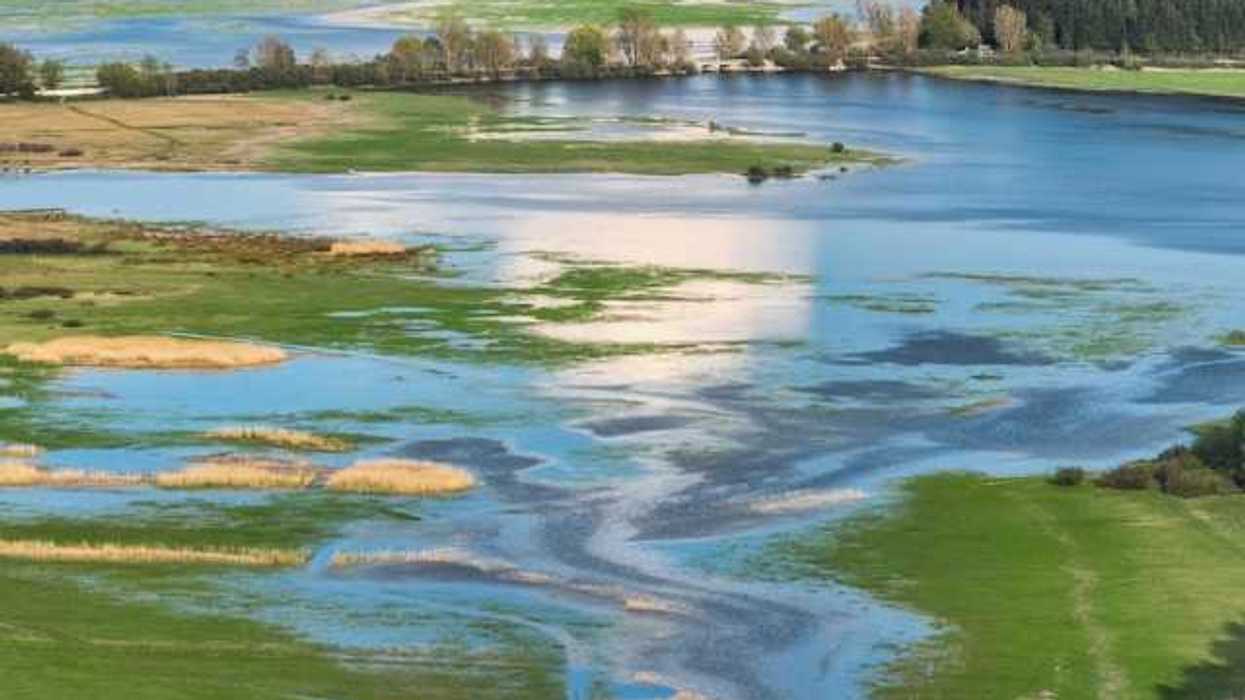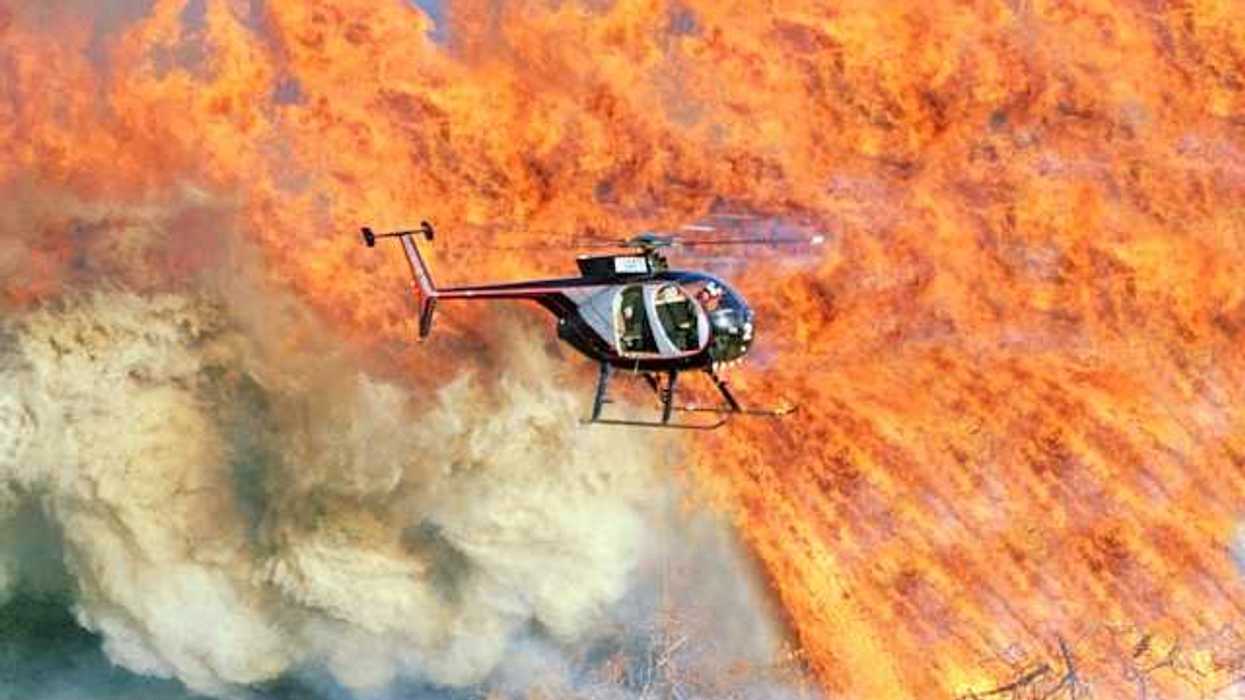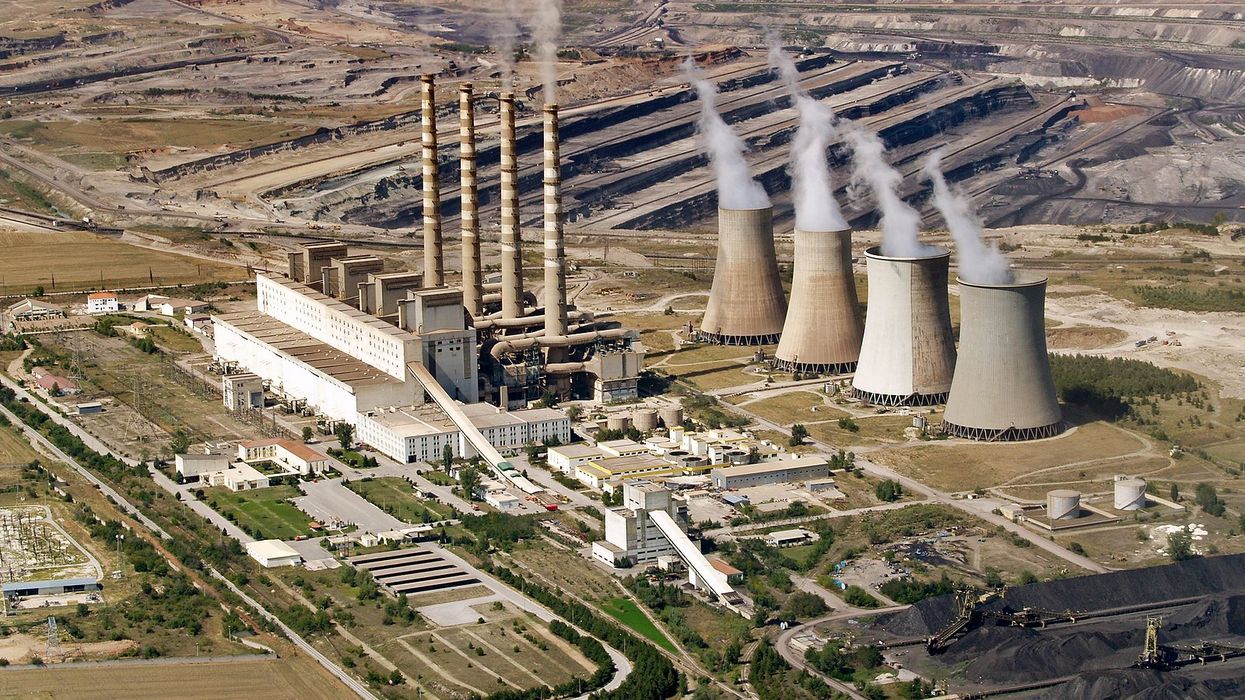The expansion of oil palm plantations in Indonesian Papua has led to increased flooding and water contamination, affecting Indigenous communities downstream.
Hans Nicholas Jong reports for Mongabay.
In short:
- Oil palm plantations have replaced forests, causing a 21% increase in surface water runoff and nearly fivefold increase in flooding probability.
- Agrochemicals used in plantations have raised nitrogen and phosphorous levels in water, exceeding safe standards for human consumption.
- Indigenous communities face higher environmental and health risks due to lack of transparency and effective mitigation measures by plantation operators.
Key quote:
“The downstream Indigenous people who rely on the rivers and the streams in the watershed are highly vulnerable."
— Timothy Randhir, professor at the University of Massachusetts Amherst
Why this matters:
The health of downstream communities is jeopardized by contaminated water and increased flooding, indicating a pressing need for stricter regulations and better management practices to protect both the environment and public health. Read more: Balancing palm oil and protected forests to conserve orangutans.














